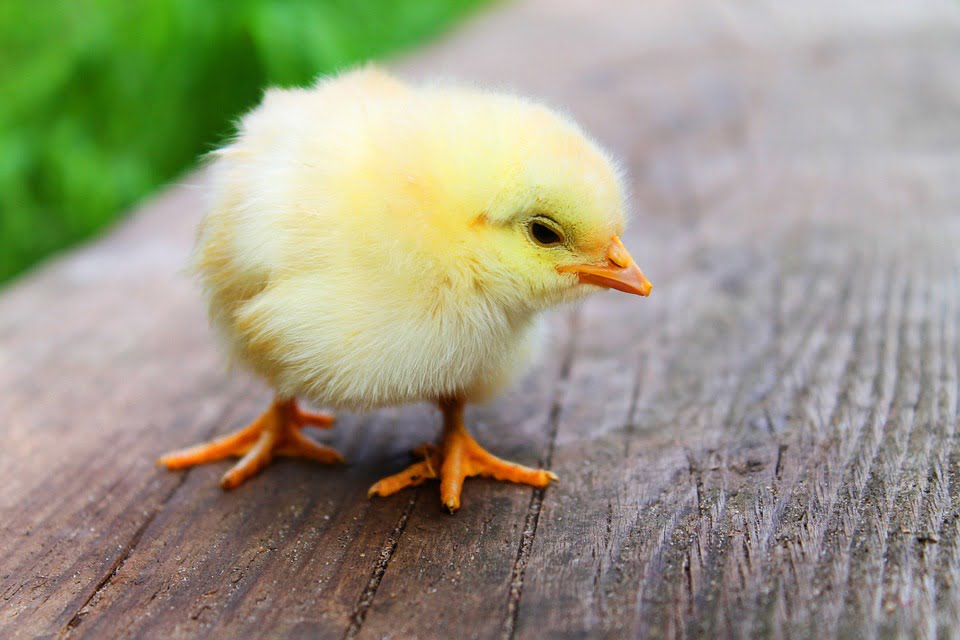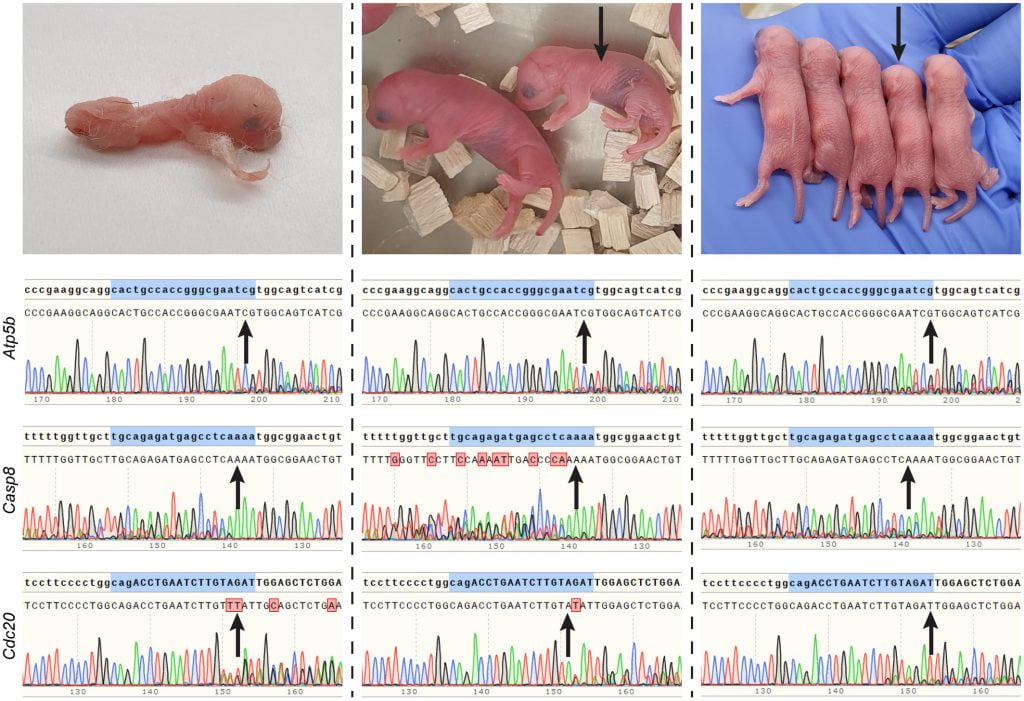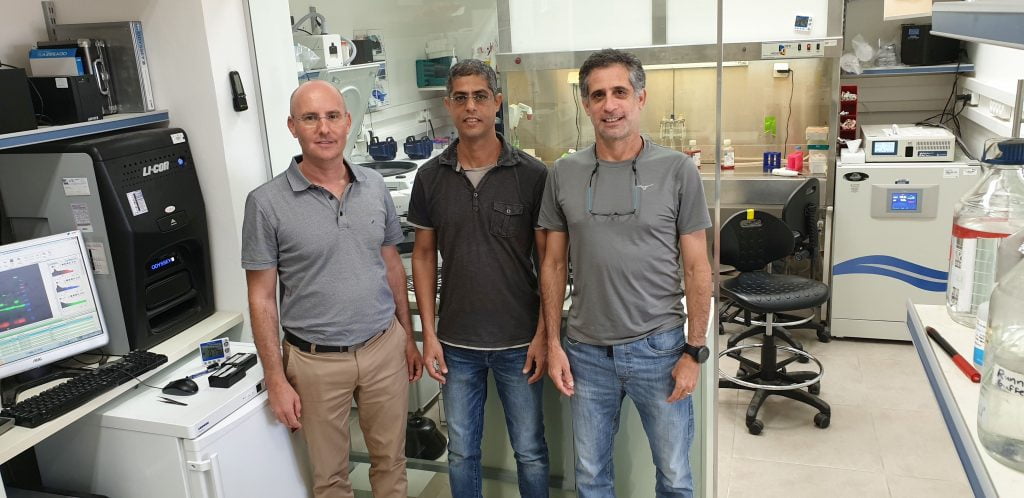Israeli scientists have unveiled a previously undiscovered genetic system in mammals by which they can determine the sex of their offspring before they are born. The discovery could have significant implications for the agricultural industry.
The Tel Aviv University study, led by Professor Udi Qimron, Dr. Ido Yosef and Dr. Motti Gerlic of the Department of Clinical Microbiology and Immunology at TAU’s Sackler School of Medicine, revealed a genetic ability in mammals that can produce only females. A similar system based on identical principles could produce only males, if desired.
Concerned about the millions of male chicks killed in the poultry industry every year, the researchers wanted to find a scientific solution to change the sex ratio of 50/50. Because male chicks cannot lay eggs, they are virtually useless for the industry. The same thing can be said for male cows in the dairy industry and male goats and pigs who don’t produce as much meat as their female counterparts.
SEE ALSO: Now You Can Count Your Chickens Before They Hatch, Instead Of Culling Them
The study was conducted over the last year and a half, using mice models for demonstrating the world’s first example of mammalian sex bias, but Qimron said in a statement that the concept could also be demonstrated in other animals.
The research presents a first-of-its-kind approach to determining mammalian sex through genetic means, Prof. Qimron said.

“The research provides the world’s first proof-of-concept for mammals to genetically produce only female progeny,” Prof. Qimron said in a university statement. “We proved the concept in mouse models, but the concept could also be demonstrated in cattle, swine, goats, chickens and other animals.”
The study, titled “A genetic system for biasing the sex ratio in mice,” was published on Monday in Embo Reports, a peer-reviewed scientific journal covering research related to biology at a molecular level.
The research resulted in a 95 to 5 female to male ratio. The study is significant because different organisms such as certain plants, insects, crustacean, and fish are known to have genetic and non‐genetic approaches to sex bias, but this is the first time the system is discovered in mammals.
Sign up for our free weekly newsletter
SubscribeIn their study, conducted by Dr. Liat Edry-Botzer, Rea Globus, Inbar Shlomovitz and Professor Ariel Munitz of the Department of Clinical Microbiology and Immunology, the researchers said they crossed two types of genetically engineered mice.
The sperm from the male was manipulated to be “half-toxic,” Qimron explained to NoCamels in a phone interview, and the egg has the other half of the toxin. When the sperm and egg meet to fertilize, the toxin has the potential to be activated. If the sperm carries a Y chromosome, which makes the progeny a male, then the toxin is activated and the egg is exterminated in-utero. If the sperm carries an X chromosome, the female chromosome, then the toxin is not activated and the egg can develop normally.

A similar system based on identical principles would produce only males. Although the poultry industry relies on females, the beef industry favors male cows, as they have more muscle mass and can produce more meat.
“The current approach uses sex-sorted cattle semen to control the sex of their offspring. Farmers in the dairy and layer-poultry industries obviously prefer female calves and chicks, but to date, there was no accessible genetic way to regulate the sex ratio, which is naturally left around 50-50,” explained Professor Qimron in the statement. “We approached this problem in an innovative way, using genetic engineering.”
“Our results pave the way for a genetic system that allows biased sex production,” he added. “We believe that the producers of cattle, swine, and chicken may benefit greatly from the technology.”
SEE ALSO: Israeli Food, AgTech Startups Raised Close To $800M Over 5 Years – New Report
Although the research could mean drastic changes in the agriculture industry, the next steps won’t be easy. One of the greatest challenges in implementing this research, Qimron tells NoCamels, is that the animals are genetically modified organisms.
“(GMOs) have to be approved by regulatory agents,” Qimron continued. “This is a major obstacle but we think we can overcome it.”
Related posts

Editors’ & Readers’ Choice: 10 Favorite NoCamels Articles

Forward Facing: What Does The Future Hold For Israeli High-Tech?

Impact Innovation: Israeli Startups That Could Shape Our Future




Facebook comments